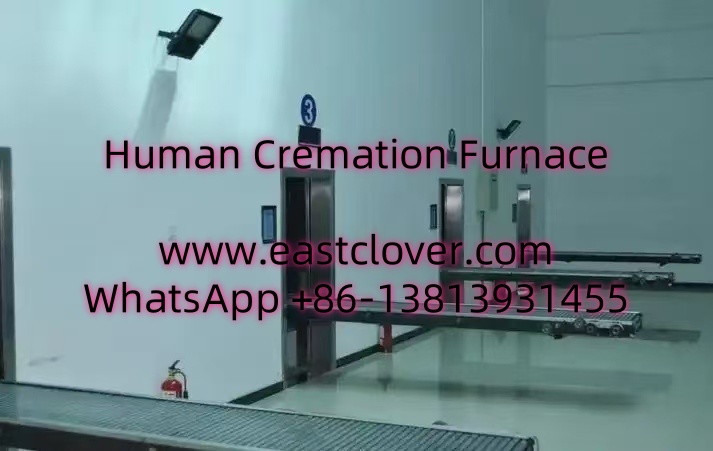Understanding Human Cremation Furnaces and Their Distributors
Human cremation furnaces, also known as cremators, are specialized equipment designed to facilitate the respectful and efficient cremation of human remains. These systems are critical for funeral homes, crematories, and other end-of-life service providers. Distributors of cremation furnaces play a pivotal role in connecting manufacturers with funeral service professionals, ensuring access to reliable, compliant, and technologically advanced equipment. Choosing the right distributor is essential for maintaining operational efficiency, regulatory compliance, and the trust of grieving families.
Key Considerations for Choosing a Cremation Furnace Distributor
1. Industry Experience and Reputation
A distributor’s experience in the funeral industry is a strong indicator of their reliability. Look for companies with a proven track record of supplying cremation equipment to reputable funeral homes. Check for client testimonials, case studies, and industry certifications. Established distributors often have long-standing relationships with manufacturers and a deep understanding of evolving regulatory and environmental standards.
2. Product Range and Customization Options
Funeral homes have diverse needs based on their service volume, facility size, and community demographics. A quality distributor should offer a range of cremation furnaces, including:
- Standard cremators: For moderate to high-volume operations.
- Eco-friendly models: Designed to reduce emissions and energy consumption.
- Pet cremation units: For facilities offering companion animal services.
Customization options, such as fuel type (natural gas, propane, or electricity) and automation features, are also critical for meeting specific operational requirements.
3. Compliance with Regulations
Cremation furnaces must adhere to strict environmental and safety regulations, including emissions standards (e.g., EPA guidelines in the U.S.) and occupational safety protocols. Ensure the distributor’s equipment meets local, state, and federal compliance requirements. Reputable distributors will provide documentation and assist with permitting processes.
4. Technical Support and Training
Reliable after-sales support is crucial for minimizing downtime. Inquire about the distributor’s technical assistance, maintenance programs, and availability of spare parts. Additionally, comprehensive training for staff on operating and troubleshooting the equipment ensures safe and efficient use.
5. Cost and Financing Options
Cremation furnaces represent a significant investment. While upfront costs are important, consider long-term expenses such as energy consumption, maintenance, and potential upgrades. Some distributors offer financing plans or leasing options to ease financial burdens.
6. Environmental Impact
Modern cremation furnaces should prioritize sustainability. Look for features like advanced filtration systems, energy-efficient burners, and reduced carbon footprints. Distributors committed to eco-friendly solutions often partner with manufacturers who innovate in green technology.
7. Manufacturer Partnerships
Distributors who collaborate with reputable manufacturers ensure access to high-quality, durable equipment. Research the brands they represent and verify their global reputation for reliability and innovation.
www.southclover.com
Selecting the right cremation furnace distributor is a decision that impacts a funeral home’s operational efficiency, regulatory compliance, and reputation. By prioritizing experience, product versatility, compliance, support, and sustainability, funeral service providers can make informed choices that align with their long-term goals. A trusted distributor acts as a partner, ensuring seamless integration of equipment and fostering confidence in the services offered to families during difficult times.
FAQs
- What is the average cost of a cremation furnace?
- Prices vary based on capacity and features, ranging from $50,000 to $250,000. Consult distributors for detailed quotes.
- How often does a cremation furnace require maintenance?
- Routine maintenance is recommended every 6–12 months, depending on usage. Distributors often provide service contracts.
- Are there eco-friendly cremation furnace options?
- Yes. Many distributors offer models with reduced emissions, energy efficiency, and compliance with environmental regulations.
- Can cremation furnaces be customized for specific needs?
- Absolutely. Distributors work with manufacturers to tailor features like automation, fuel type, and size to meet facility requirements.
- What certifications should a cremation furnace distributor have?
- Look for ISO certifications, EPA compliance, and partnerships with recognized industry associations (e.g., CANA or NFDA).

Comments are closed